Balancing Innovation and Data Privacy in U.S. Tech Policy

February 28, 2025
As technology continues to evolve at an unprecedented pace, the U.S. government is taking steps to create a balanced regulatory framework that promotes innovation while addressing growing concerns over data privacy, security, and consumer protection. The new tech policy, announced in early 2025, seeks to encourage AI development, digital infrastructure expansion, and cybersecurity improvements while ensuring strict data privacy standards for companies handling personal information.
With Big Tech companies under scrutiny for data collection practices and AI regulations becoming a global priority, this policy aims to strike a balance between fostering economic growth and safeguarding public trust.
Key Objectives of the New U.S. Tech PolicyEncouraging AI and Emerging Technologies
Strengthening Data Privacy Protections
Regulating Social Media and Digital Platforms
Enhancing Cybersecurity and Consumer Protections
Promoting Fair Competition and Digital Market Regulation
As the new U.S. tech policy rolls out, its success will depend on how well it manages the fine line between enabling technological breakthroughs and protecting consumer rights.
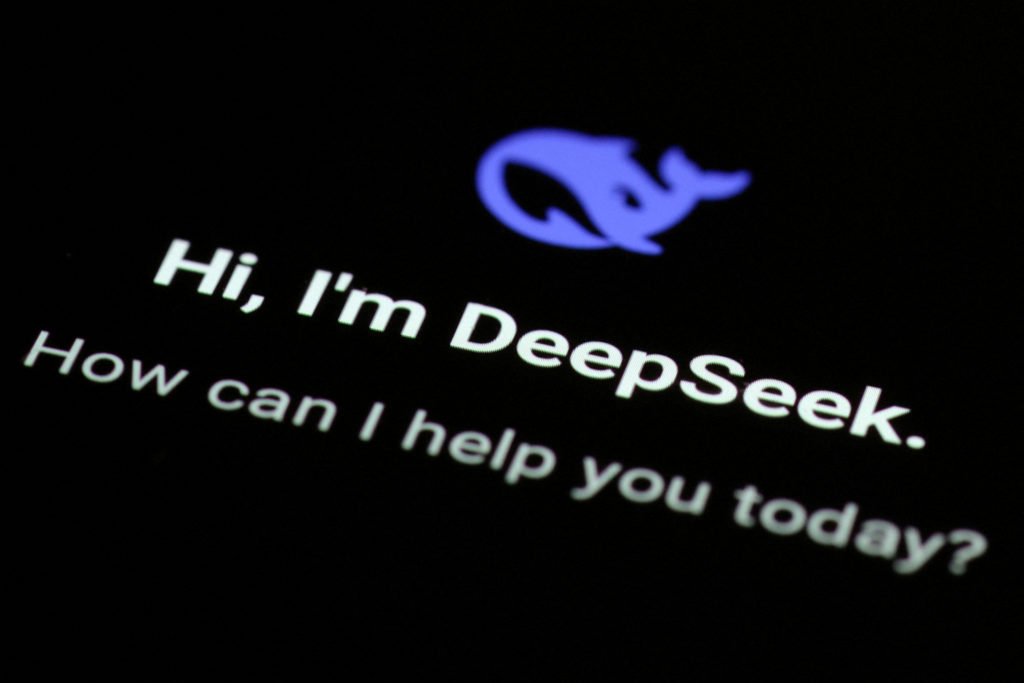
Chinese AI App Raises National Security Questions in US
A new powerful AI app developed in China is causing concerns in Washington due to its potential impact on national security, data privacy, and economic competition. US officials are closely monitoring its development
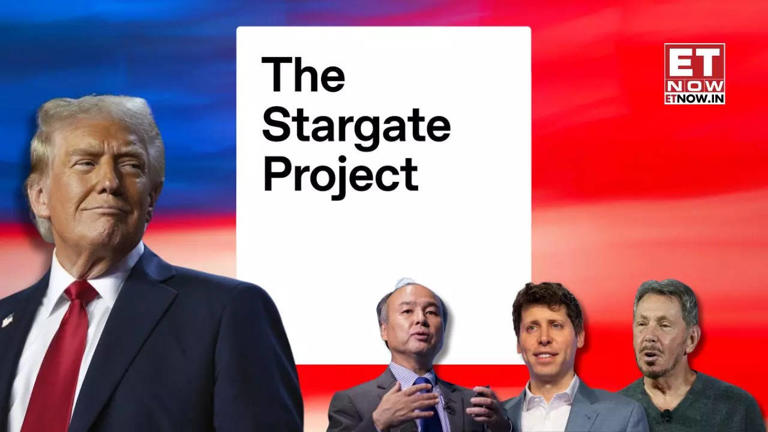
Trump's Energy Promise Key to Stargate Project's Future
Former President Trump's energy pledge is seen as crucial to the success of the Stargate Project, with significant implications for the future of space exploration and energy independence
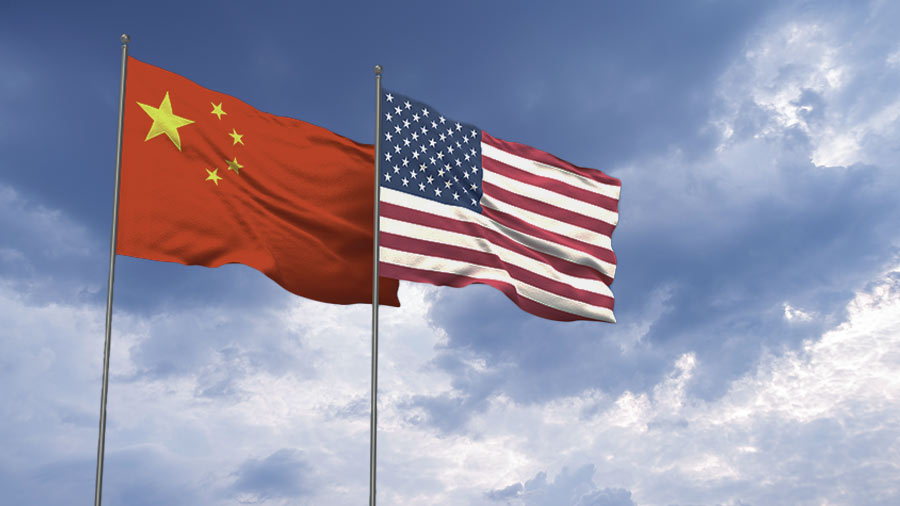
Understanding the Impact of the US Investment Ban on China
The US investment ban on China is now in effect, marking a significant shift in economic relations between the two nations. Here's what it means for investors and businesses
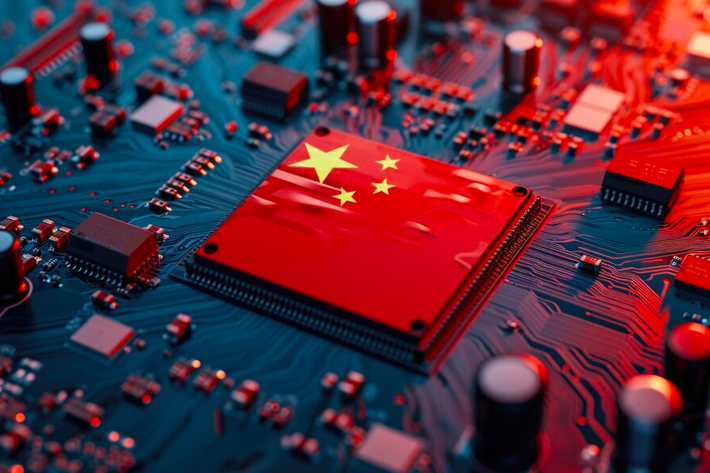
US Finalizes Restrictions on AI Investments in China
The US has finalized new regulations to restrict AI investments in China and impose further restrictions on technology and defense sectors, escalating tensions between the two nations

Stargate AI Plan: Tech Giants Unveil $500bn Investment
Major tech giants have unveiled the Stargate AI project, a groundbreaking initiative that could be worth up to $500 billion. The ambitious plan aims to reshape the future of AI
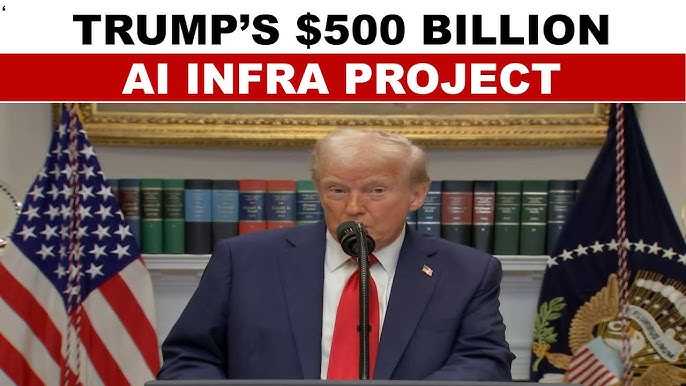
Trump Unveils $500bn Investment in Stargate AI Initiative
Donald Trump has pledged up to $500 billion in funding for the Stargate AI project, a groundbreaking initiative aimed at revolutionizing AI and energy technologies for future space missions
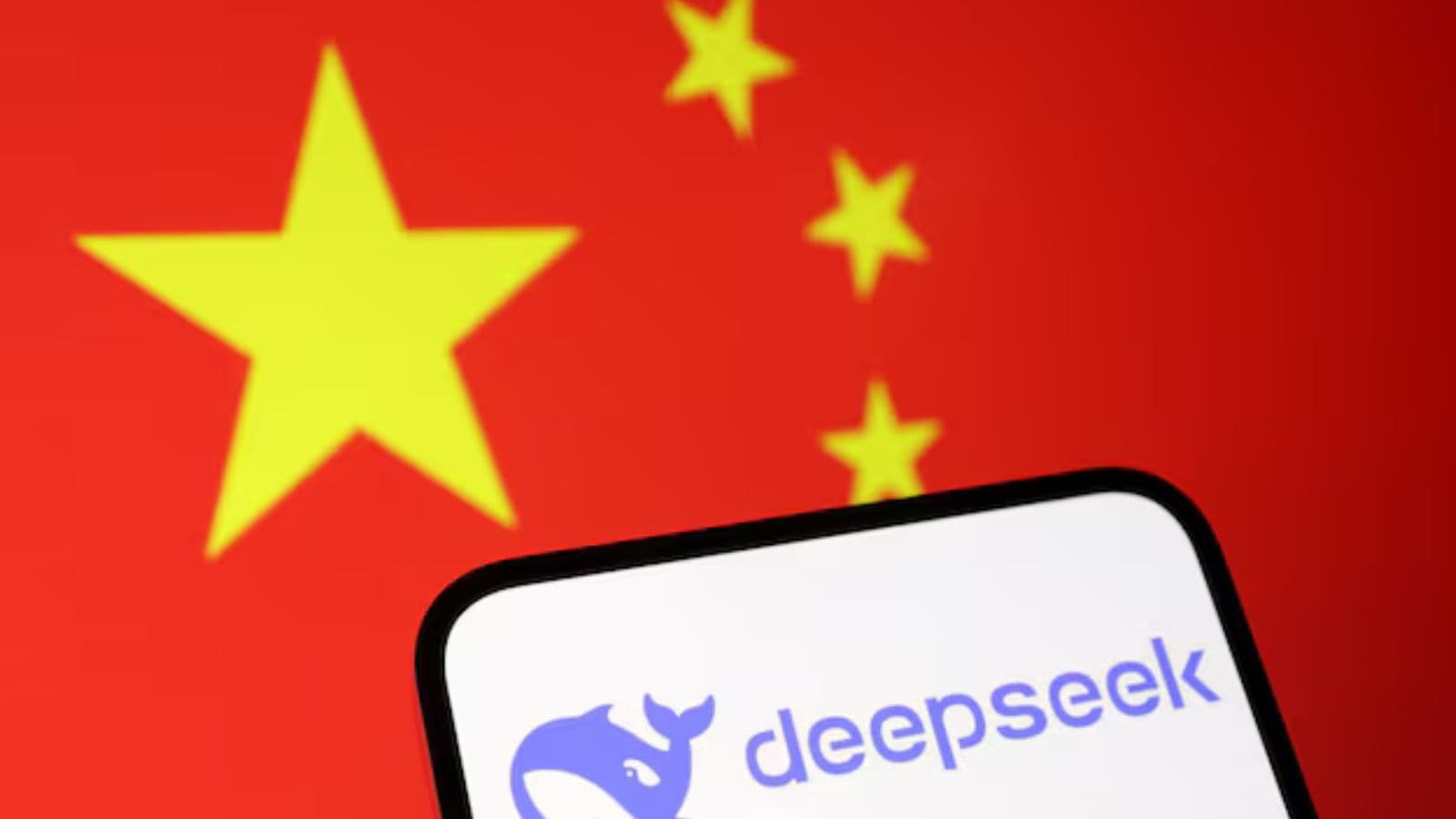
DeepSeek AI Challenges U.S. Tech Dominance, Trump Responds
DeepSeek, a Chinese AI model, has disrupted the U.S. tech landscape, raising national security concerns and challenging Trump’s vision for America’s technological leadership
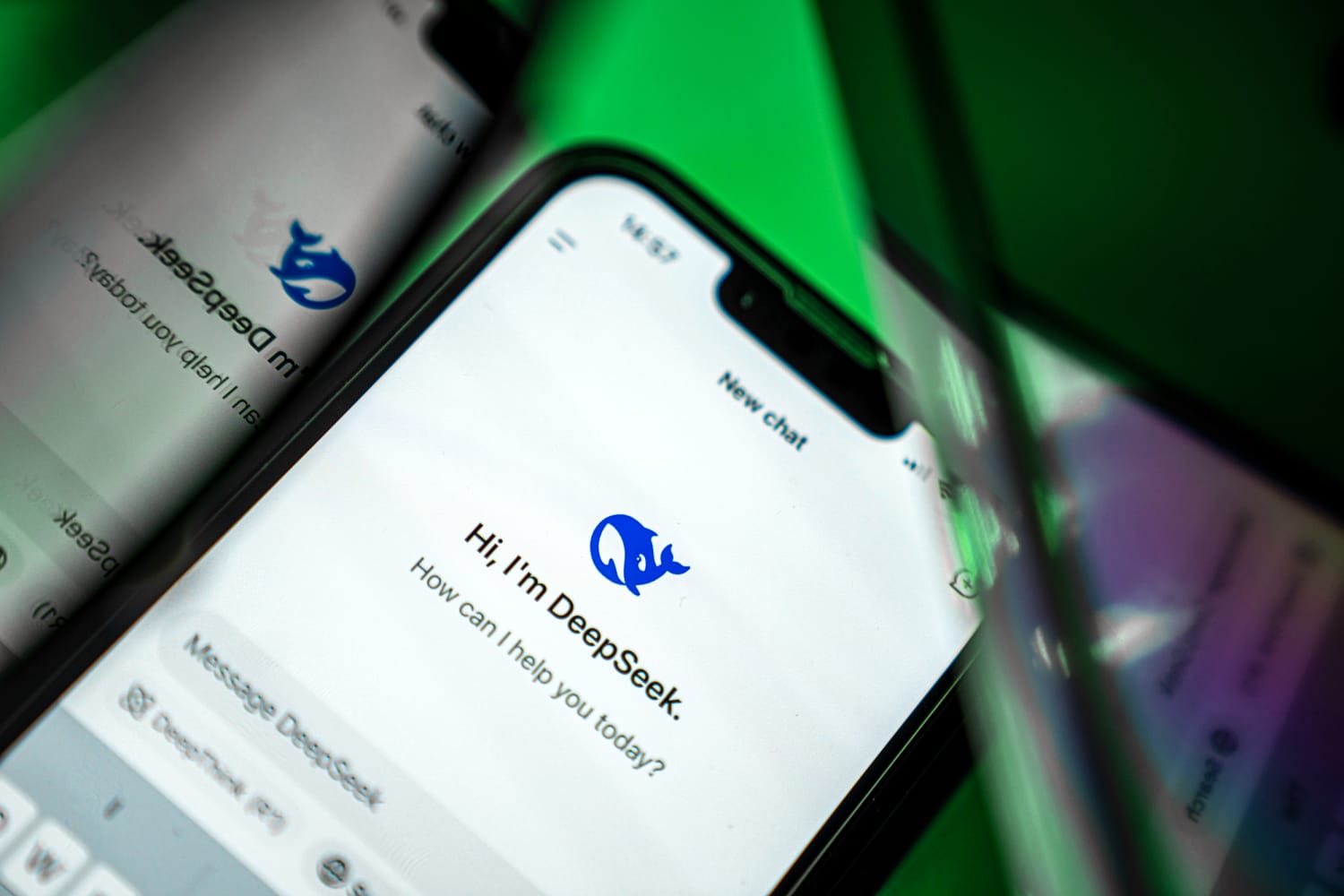
DeepSeek's Rise: A Game Changer in the U.S.-China Tech Race
DeepSeek’s emergence as a powerful Chinese AI model raises the stakes in the U.S.-China tech rivalry, signaling new challenges for U.S. dominance in AI innovation and national security
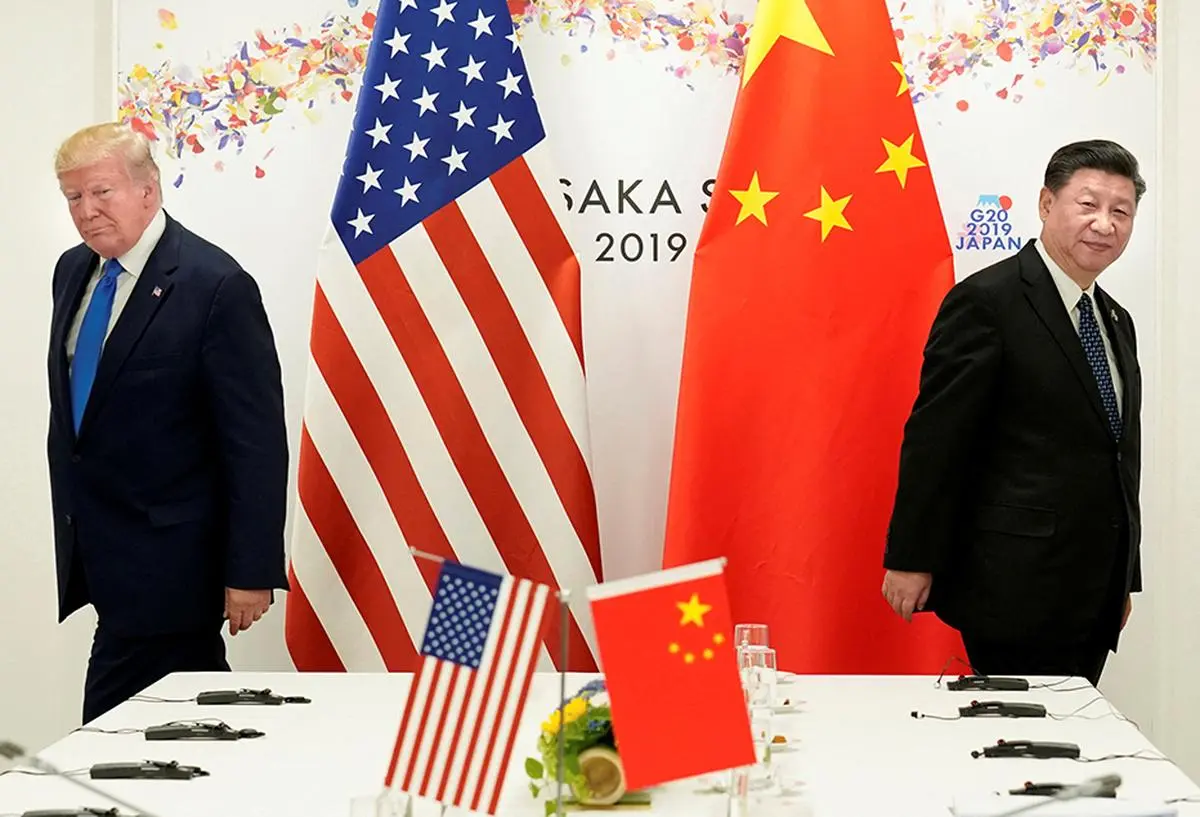
The $500 Billion Deal: A New Era in U.S.-China Tensions
A $500 billion deal marks the end of the U.S.-China bromance, as economic competition and strategic divergence take center stage, reshaping the global landscape
The Atlantic Daily
Get our guide to the day’s biggest news and ideas, delivered to your inbox every weekday and Sunday mornings. See more newsletters
.webp)
Ideas That Matter
Subscribe and support more than 160 years of independent journalism.
Subscribe